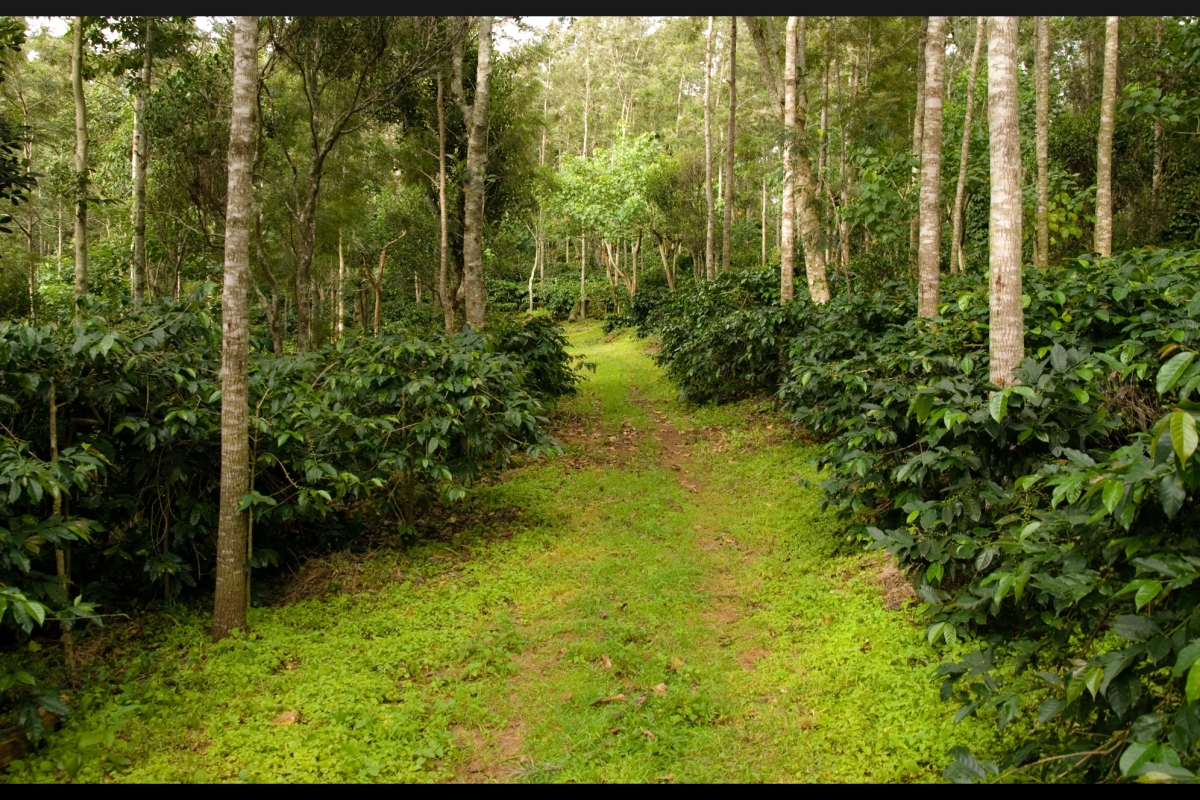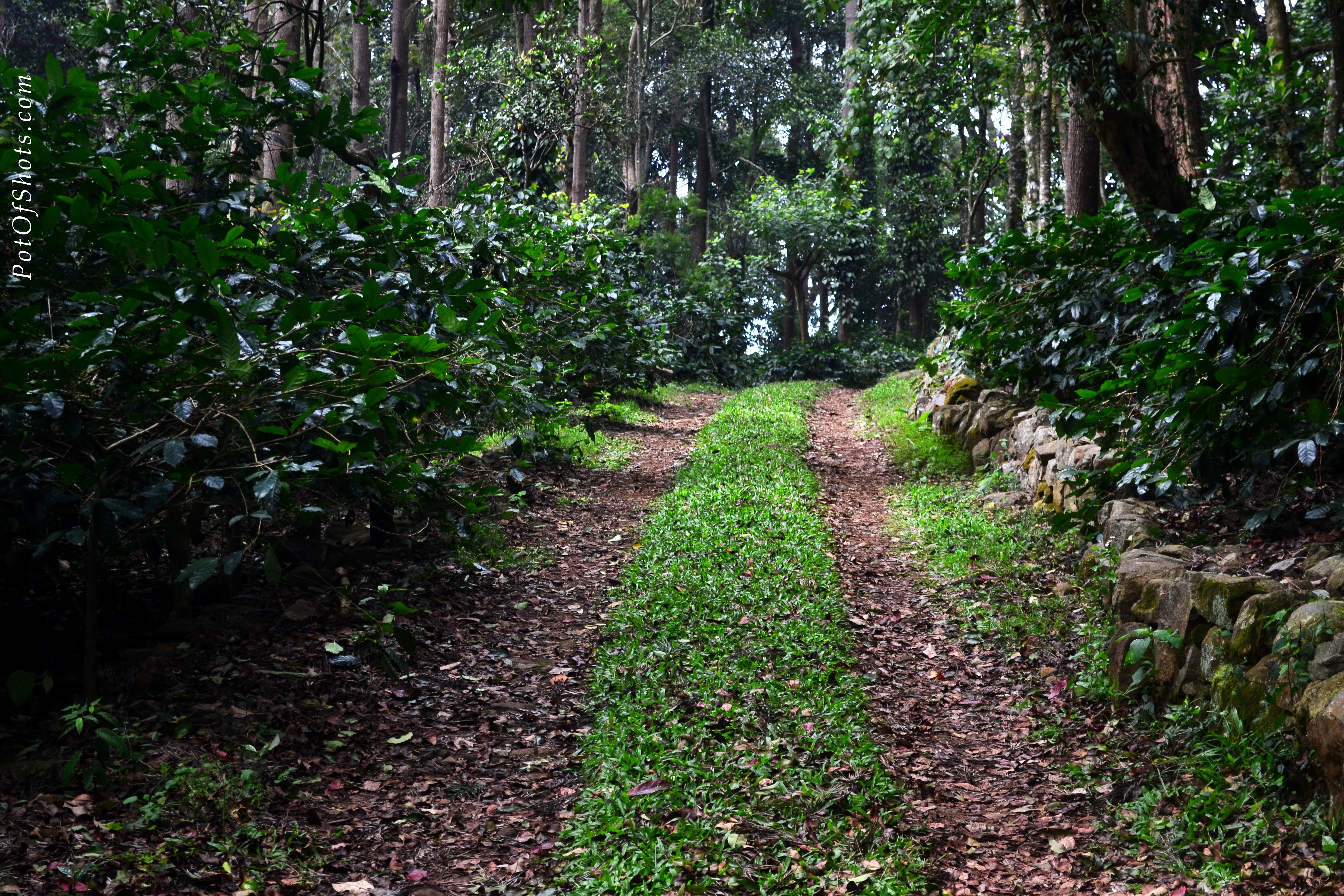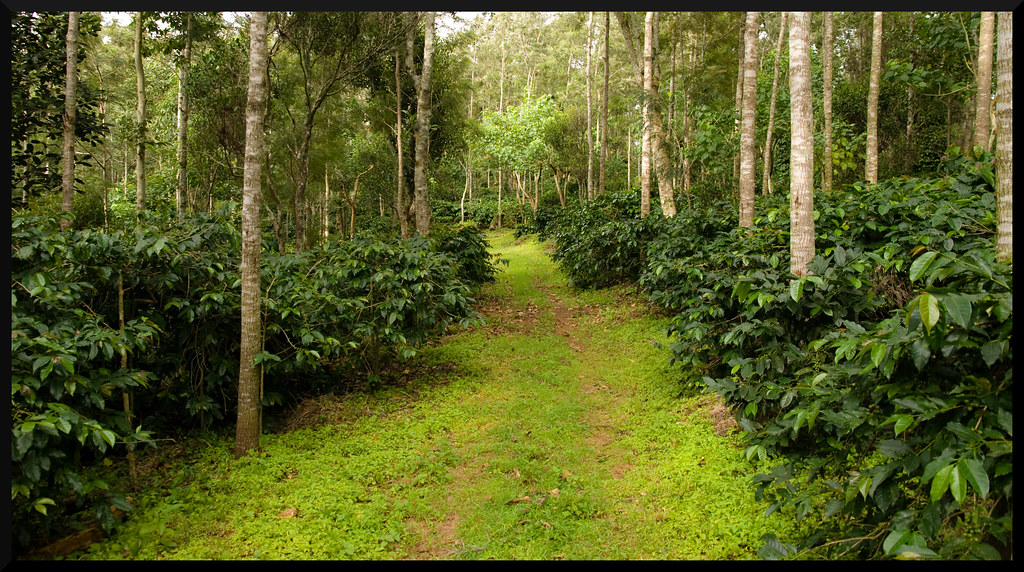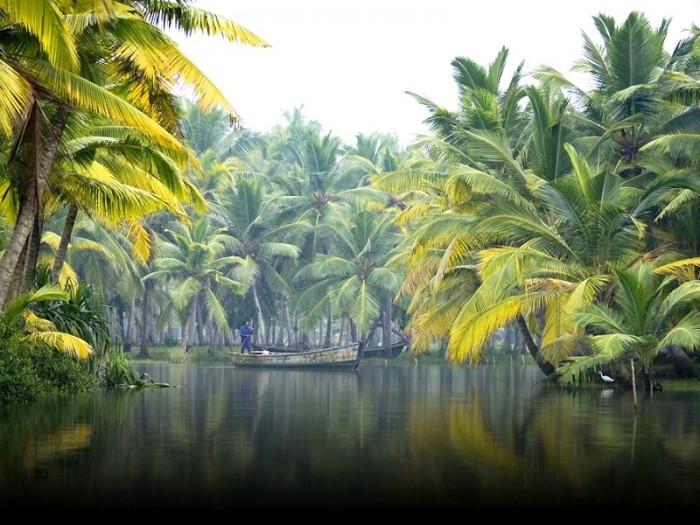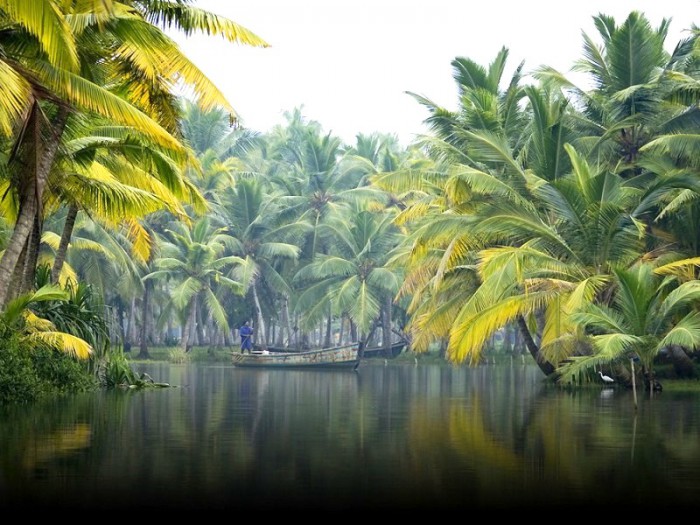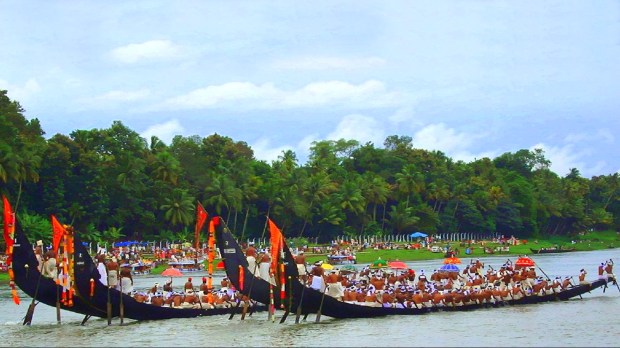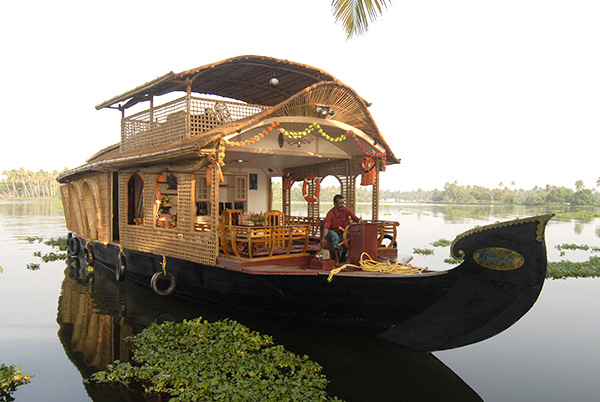Imagine a place in the hills, where the wind sometimes wafts, sometimes freewheels. The mercury is too cautious to cross the 30th degree mark, and the homes are the old world. Where a thousand greens tinge the same hill. The forests become lakes and lakes become forests in a wink. And a dozen peaks take your eye to the furthest horizons. More than 173 years ago, Sir Thomas Monroe, the governor of erstwhile Madras Presidency, found such a place. Not enough has changed in Yercaud. Like many of its sisters, it has avoided the ravaging beast of urbanity. The whirls of smoke don’t choke its forest air, and time is sedentary. Yercaud resorts take pride in showcasing the antiquity of the place, giving you much to marvel at.
Yercaud Forest walk, Tamilnadu – Image via Flickr by Joseph Jayanth
Shevaroys for the Quaint Nature Lover
Nestled in the Shevaroys Range in Eastern Ghats, Yercaud is some 5,000 feet above sea level, and, luckily for the reserved, sparsely populated. The jewel of South India, it heavily contrasts the bustle and chaos of regional metropolises. Like many hill stations, it still retains its colonial buildings and institutions like the prestigious Montfort School, Fairholme Bungalow and Grange summer resort. Central to its charm is the Yercaud Lake, a silvery body of water lined by hills, dense parks, and natural shoals. When you’re not boating, the lake-side parks, which include The Botanical Garden and The National Orchidarium, offer irenic strolls.
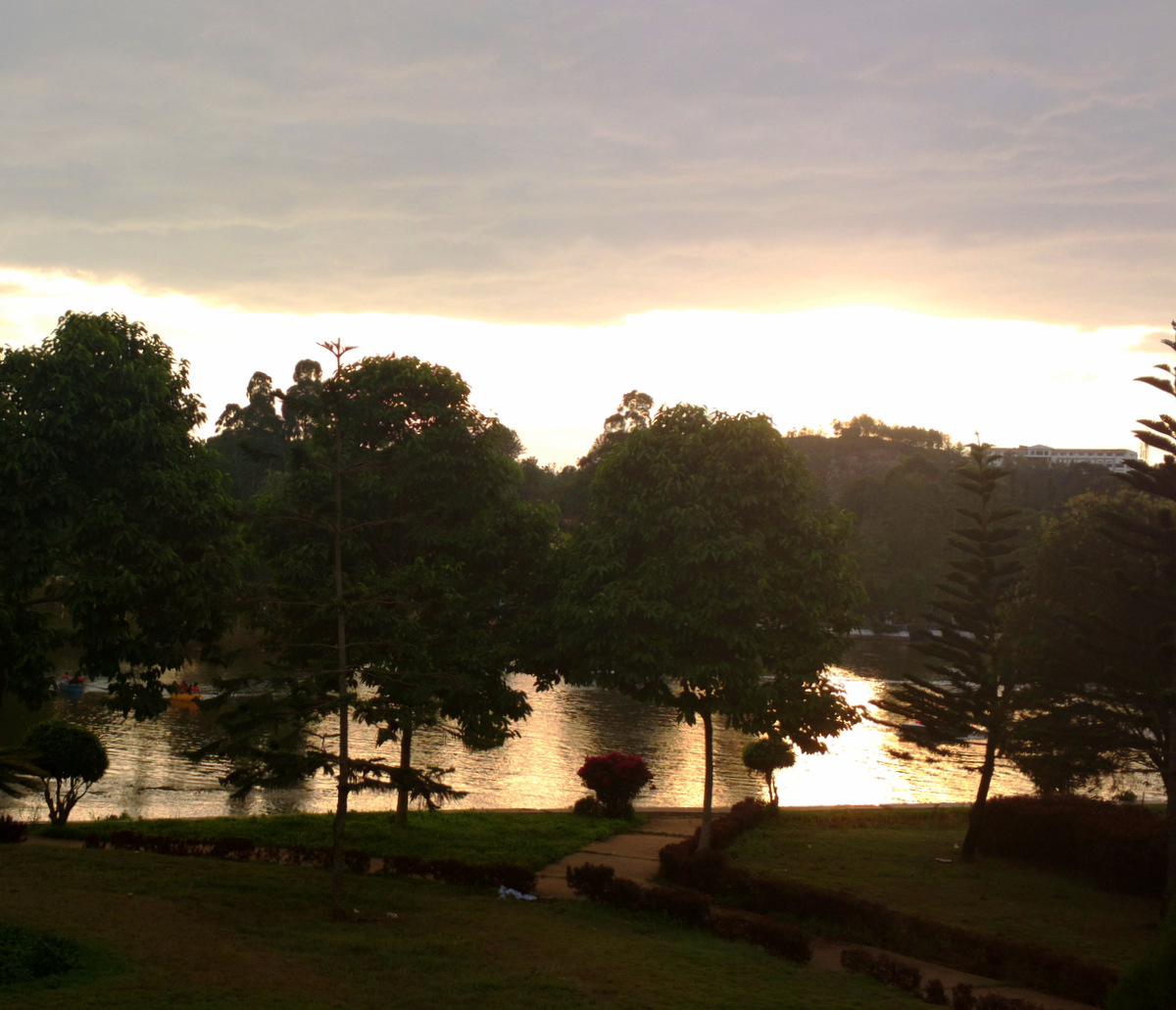
Botanical Garden, Yercaud, Tamilnadu – Image via Flickr by solarisgirl
The undulating landscape attracts trekkers from around the country to see the enchanting Kiliyur Falls empty into the valley below as it swells with the waters of Yercaud’s lakes. On the way to the highest point of Shevaroys Hills, where its famous temple stands, is the hill station’s oldest cottage, Norton’s Bungalow. Situated nearby, the Bear Cave is a short potholer’s journey of a few hundred metres.
High Points and Horticulture Delights
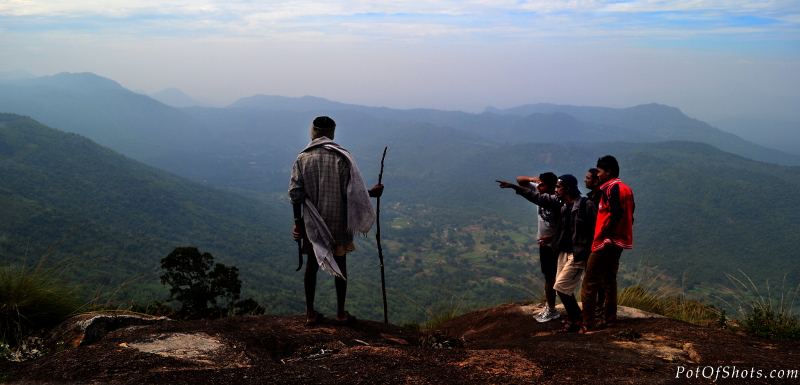
Hill station in Yercaud, Tamilnadu – Image via Flickr by Joseph Jayanth
When the British developed this hill station, they introduced fruits to sustain its economy, a trade that still continues. Visitors to Yercaud can stroll through its citrus fruit groves, banana plantations and coffee estates, where the coffee bloom dots the forests with white flowers in fairy-tale effect. The plantations transport you to old-time India, where regional cultures blended seamlessly with borrowed British idiosyncrasies.
Coffee estate in Yercaud, Tamilnadu – Image via Flickr by V.v
During the time of the British, trekking to Yercaud Hills’ vantage points wasn’t uncommon for both men and women. The topography is home to old and new temples and fascinating places to visit in Yercaud that you may stumble into. East of the hills lies the popular Pagoda Point, where the sun drowns in into the vast, dense jungles of Yercaud edging towards the brightly-lit Salem city – a breathtaking sight for an evening picnic with friends and family, where you can indulge in archery after your picnic, depending on the Yercaud hotels you may be staying. Like Pagoda Point, these hills are home to many other vantage points: Tipperary Viewpoint, Karediyur viewpoint, Arthur’s Seat and Lady’s Seat, which aristocratic British women had been known to visit. A short distance from Lady’s Seat is Yercaud’s renowned Silk Farm and Rose Garden, both popular attractions that immerse you in the artistry of nature and man.
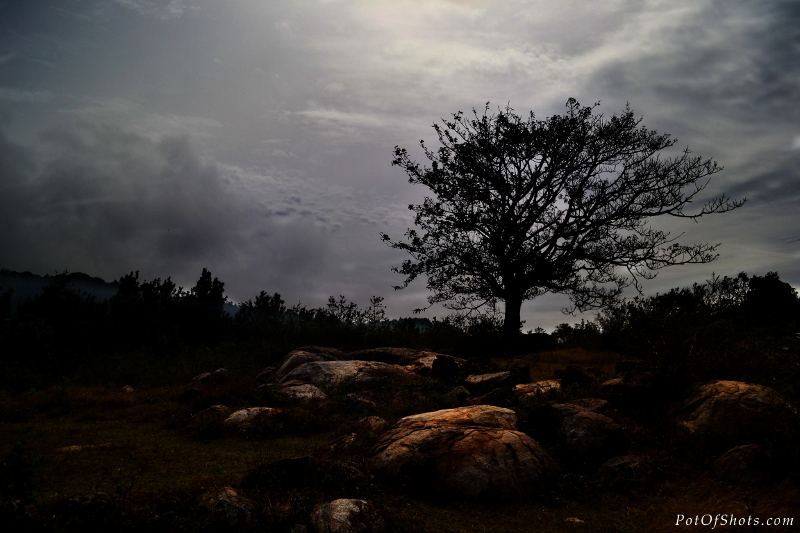
Hill station in Yercaud, Tamilnadu – Image via Flickr by Joseph Jayanth
Because that is really what a holiday in Yercaud is all about: witnessing the endearing relationship between its few residents and its overwhelming nature. Whether you’re starting from Chennai, Hyderabad or Bangalore to Yercaud, your travel will be comfortable thanks to the fine roads.
This is a guest post by Nanditha, who is a travel writer by profession and works with HolidayIQ. She is a lover of world cultures, languages, and food, and guides travelers to make travel adventurous with her experience.

